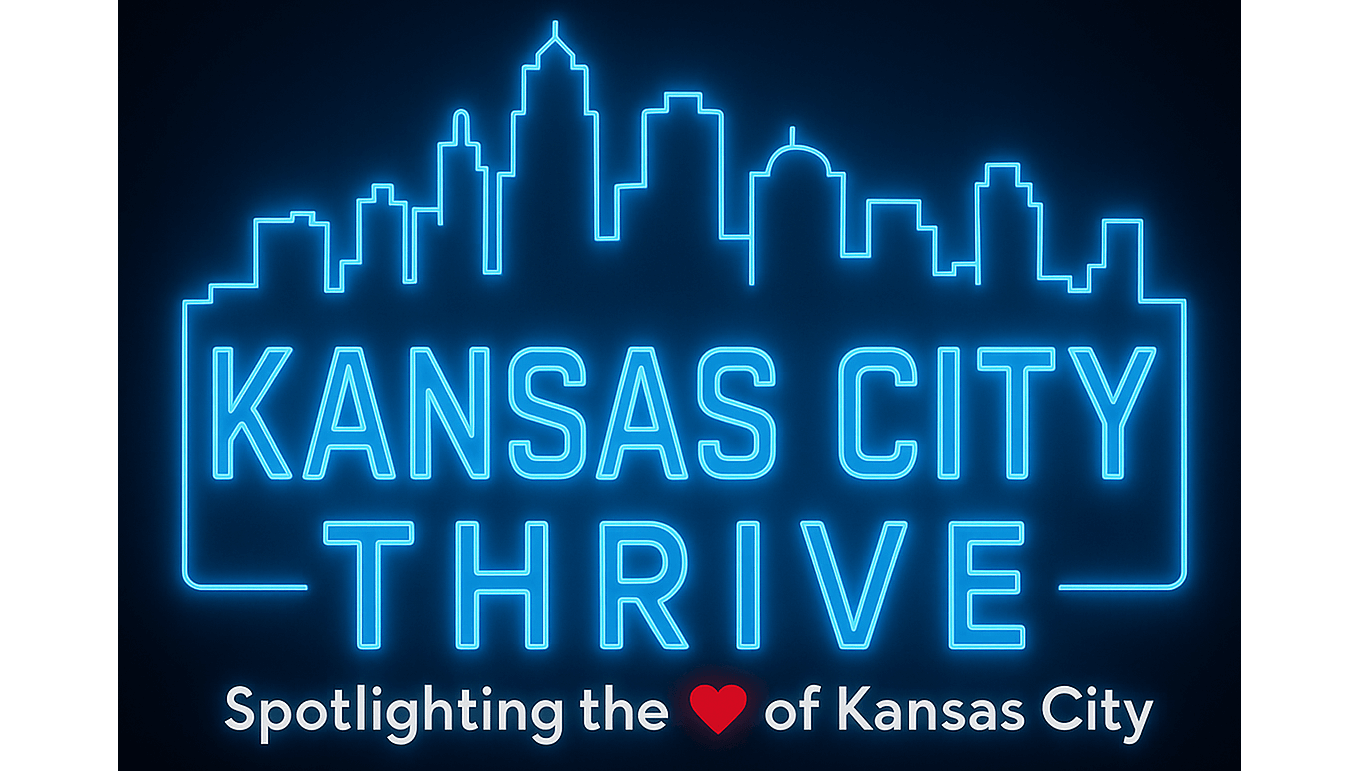
Understanding the Battle Over Public Education in Missouri
In a move that could reshape public education in Missouri, two initiative petition campaigns are responding to perceived misinformation in their ballot language. These campaigns are spearheading efforts to declare education a "fundamental right" and amend funding approaches for nonpublic schools, aiming for inclusion on the 2026 ballot. As local residents in Kansas City might know, issues surrounding education are not merely political exercise but intertwine deeply with the character and futures of communities throughout the state.
Why This Matter to Kansas City Residents
In a vibrant city like Kansas City, the quality and accessibility of education are critically important. Schools often serve as community hubs that foster social connection and economic growth. The outcomes of these proposed amendments could drastically affect local schools, students' educational experiences, and the community's socio-economic landscape. A fight for transparency in ballot language reflects a broader struggle for community involvement in education policies.
A Closer Look at the Proposed Amendments
The Missouri Right to Education Initiative aims to not only establish education as a fundamental right but also to mandate that laws ensure high-quality public schooling. Conversely, the second petition seeks to specifically limit public funding mechanisms for nonpublic schools. Though the implications of these proposals are significant, the contentious summaries provided by the Secretary of State's office have sparked accusations of deception. Activists like Spencer Toder emphasize that ensuring a robust public education system is paramount and should not be tangled with the voucher discussion.
Counter Perspectives and the Complexity of Education Funding
While supporters of public education view these amendments as necessary steps forward, some argue that limiting resources designated for nonpublic education could hinder educational choices for families, particularly those with disabled students. This highlights a critical counter-narrative in the public education debate—how to balance public resources without compromising educational autonomy. As discussions unfold, community members must consider the numerous facets of these proposals and their possible outcomes.
Moving Forward: Community Engagement and Action
The public reaction to these initiatives can set the tone for future policies. Kansas City residents are encouraged to participate in local discussions, attend community forums, and voice opinions on educational reforms. Involving local voices in the education conversation is essential for building a system that meets the needs of all students and families. Even if you're not directly affected by school policies, the ripple effects on your community are undeniable.
As these initiatives continue to unfold, sharing stories of how local education impacts residents can be powerful. Have a story to share or want to contact us for more details? Drop us an email at team@kansascitythrive.com. Together, we can cultivate awareness and advocate for a brighter educational future.
 Add Row
Add Row  Add
Add 





Write A Comment